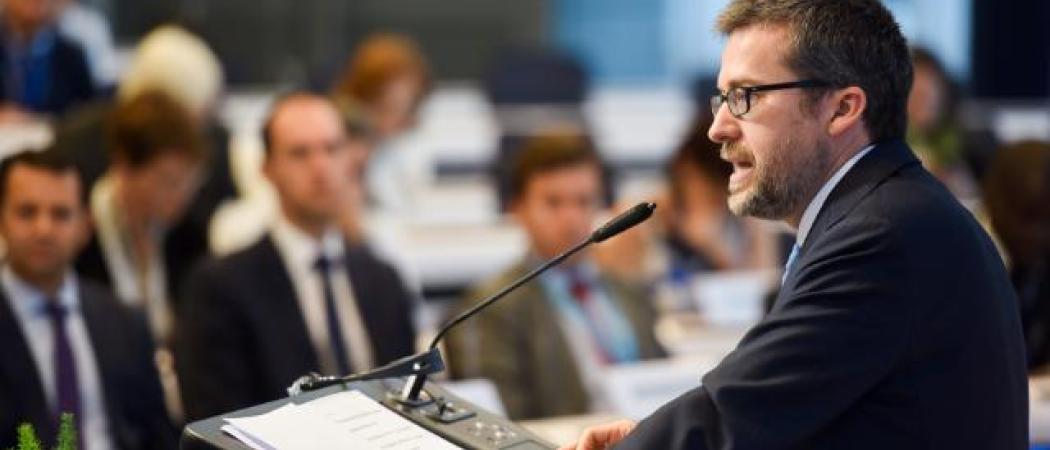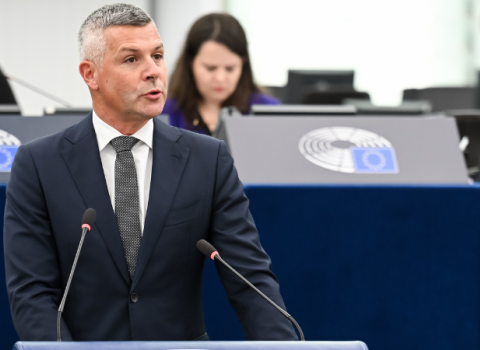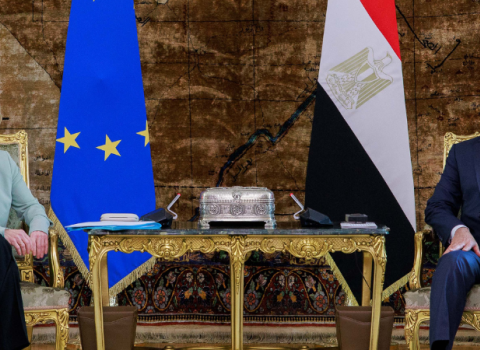Research Commissioner visits European Parliament to shore up support for upcoming legislative proposal

Research Commissioner Carlos Moedas said his plans for the post-2020 research programme do not involve a headlong charge towards reform but a more evolutionary approach.
“I want an evolution, not a revolution,” Moedas told members of the European Parliament’s research committee on Tuesday. “I want continuity in fundamental science. [More broadly], we want to continue doing what we do, hopefully with more money.”
The commissioner’s visit comes amid fevered negotiations over the shape of a new, seven-year EU budget from 2021.
With pressure increasing on MEPs to pass the Commission’s budget proposal before Parliamentary elections in 2019, the commissioner is keen to shore up early support. He pointed lawmakers to a new, glossy brochure that lays out the achievements to date for the current research programme, Horizon 2020, which has funded almost 14,000 grants.
The proposal for the next research programme – working title framework programme nine – will not be publicly revealed until May, but the main outlines of the plan are already clear.
Funding for basic research will remain largely in the hands of the European Research Council, the commissioner said, while innovation streams will be gathered under the new European Innovation Council, and societal challenges will be tackled with ‘missions’ – a move Moedas said would connect EU research better with “the man on the street”.
The Parliament is demanding a boost to the research budget of an extra €40 billion, despite Brussels facing the prospect of filling a hole left in the budget by the UK’s exit from the EU.
Without this extra money, it will be very difficult to better the odds of winning a grant from Brussels, said the commissioner.
Huge demand for Horizon 2020 grants has seen the average success rate fall sharply to 12.6 per cent, which Moedas conceded was “well below” the overall 18.4 per cent success rate of the previous programme. The Commission has received over 115,000 "eligible" proposals for Horizon 2020, and the Commissioner pointed out that an additional €66 billion would have been needed to fund all of these.
Few calls for change
In the Parliament, only a few MEPs called for significant changes to the research programme.
Portugal’s Carlos Zorrinho said the bloc needed a “brutal acceleration” in innovation investment, while German MEP Hans-Olaf Henkel called for the Commission to tilt funding in the opposite direction.
“We are emphasising applied research too much; it’s at the expense of basic research,” Henkel said.
Green MEP Claude Turmes told the commissioner that the EU should stop giving money to the giant ITER nuclear fusion project, under construction in southern France.
“ITER is irrelevant. It will come far too late,” said Turmes, noting that the first commercial reactors may be as far off as 2040. “The Commission should be a bit more honest with itself over this project – it’s science fiction,” the Luxembourg representative said.
The suggestion to cut off funding to ITER is almost certainly a nonstarter, however, given that the EU is the biggest partner in the project.





 A unique international forum for public research organisations and companies to connect their external engagement with strategic interests around their R&D system.
A unique international forum for public research organisations and companies to connect their external engagement with strategic interests around their R&D system.